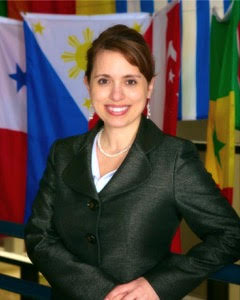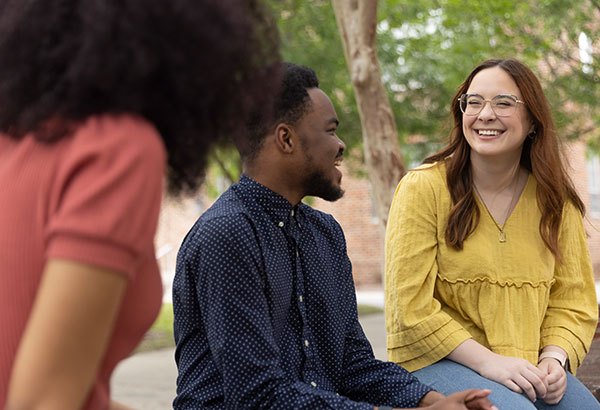Southeastern > Academics > Academic Programs > Experiential Learning > News & Events > FAQs in Online Experiential Education
NEWS & EVENTS
More news stories
APRIL 26, 2024Differentiated Instruction Online: Questions and Answers
Aligning Course Practice with "Eight Principles of Experiential Learning"
Me, Too: Experiential Learning for Instructors
Awareness of Risk in Experiential Learning
Understanding Student Fears
FAQs in Online Experiential Education
FAQs in Online Experiential Education
Tuesday, April 24, 2018
Cherissa Vitter
International Baccalaureate Coordinator
Department of Teaching and Learning
Teacher Resident Site Coordinator
FAQs in Online Experiential Education
Can an online class have an Experiential Component?
Absolutely. If a course lends itself to experiential learning, the platform will not hinder the experience. The course instructor may need to engage in additional training or professional development to convert the traditional course to an online platform while keeping the integrity of the course content, measurable objectives, and assessments of understanding.
What is the difference in Experiential Education online verses in-person?
The course content, measurable outcomes, standards, objectives, and assessments should reflect the goal of the course. Objectives and assessments should not be adjusted because a course is converted to an online platform. The adjustment will appear in the type of assessment that is used for the measurable objective or outcome. An instructor may begin with Bloom’s Taxonomy for writing an objective by using the following guiding questions: What is the student to learn and to what extent? How will the student demonstrate understanding of the learned content, and how will the learned content be observed or assessed?
Where may I find assistance for my online course?
The Center for Faculty Excellence provides numerous professional development opportunities for faculty to explore new options for enhancing the course experience. If a faculty member is interested in developing a new course or converting a current course to align with the RWR outcomes, the course instructor should contact the Office of Experiential Education and prepare for the next application cycle.
What makes an online course Real-World-Ready?
A course is Real-World-Ready (RWR) when the measurable objectives align with the student outcomes as outlined by the Office of Experiential Education. The areas of assessment include the experience, the work, and the behavior. In the experience, students are expected to apply professional knowledge in an authentic setting through an experiential activity. As part of the work, students are expected to demonstrate effective communication in a professionally-authentic form in addition to reflecting on the work, identifying strengths and weaknesses of product and process, and deriving directions for future efforts. This is accomplished through a performance, act, or product by which the student communicates information on the experience in a method in line with the discipline (such as an oral presentation, an essay, a video, a graphic design, etc.). The behavior of students in RWR Courses is also examined for showing professionalism and reflecting a commitment to quality work. This is assessed through the actions, conduct, and performance of the students.






